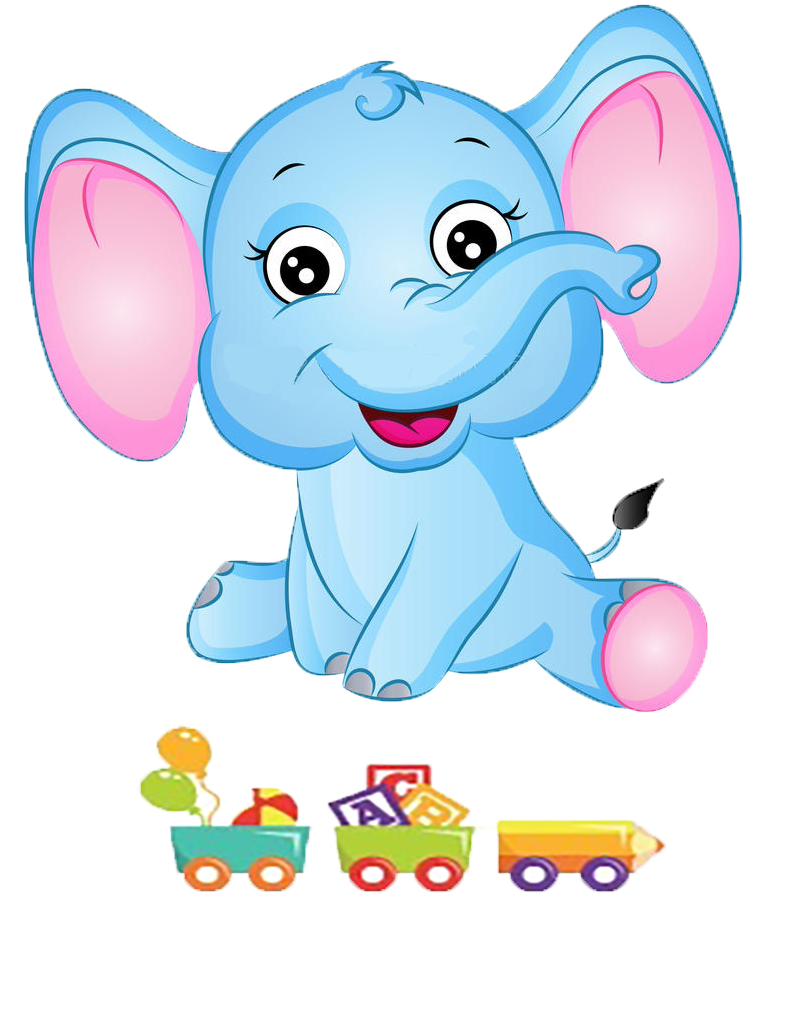Preschool Program
Preschool is a time when early learners begin to build a foundation
through the use of play and discovery. This begins a time of doing things
together as a group and following a schedule. Both help to develop fine motor
and gross motor skills. It is a time to learn social skills, and problem-solving and prepare for kindergarten.
Chubby Cheeks uses the
Read Write Inc. A synthetic phonics program is based on learning letter sounds
first and working on pre-writing. Teaching strategies help to promote early
literacy, introduce numbers and mathematics, and teach science through
observation and creativity through art.
This system allows for easy lesson planning and accessing
accordingly to embrace interest based on units or topics of discovery. The
lesson plans are shared with parents on the Brightwheel application which allows
parents to see what the plan is for their child that day. Also,
Brightwheel allows parents to communicate back and forth at any time through
pictures and messaging.
"Ms. Donna Artrip is the lead teacher at Chubby Cheeks Preschool program, joined the center in September 2018. She obtained her Early Childhood Degree from OSU. She has extensive experience working at head-start preschools. She enjoys watching the children grow and develop relationships with one another. Her favorite author is Eric Carle."
Preschool Classroom Daily Plan:
1. Arrival and Greeting (6:30 am - 8:00 am):
- Welcome children as they arrive.
- Provide a simple morning activity or puzzle for early arrivals.
- Health checks are logged on the app for staff reference.
- Start the day with circle time for morning greetings, songs, and discussions.
- Introduce the day's schedule and activities.
2. Learning Centers (9:00 am - 10:00 am):
- Rotate through learning centers, including:
- Art Center: Creative activities such as drawing, painting, or crafting.
- Math Center: Counting, sorting, and simple math activities.
- Reading Corner: Quiet reading time or small group storytelling.
- Dramatic Play: Imaginative play with costumes and props.
- Science Corner: Simple experiments or hands-on exploration.
3. Outdoor Play (10:00 am - 11:00 am):
- Allow time for outdoor activities to promote gross motor skills.
- Provide opportunities for group games and free play.
4. Lunch Time (11:00 pm – 11:30 am):
- Serve a nutritious lunch provided by parents.
- Encourage good table manners and socialization.
5. Story Time (11:30 am - 12:00 pm):
- Read a story related to the day's theme or learning objectives.
- Encourage children to ask questions and share their thoughts.
6. Quiet Time (12:00 pm - 2:00 pm):
- Provide a designated quiet time for napping or resting.
7. Snack Times (8:00 am -11:00 am - 2:30 pm ):
- Provide the kids with the snacks that are provided by parents.
8. STEM Activities (3:00 pm - 4:00 pm):
- Introduce science, engineering, and math activities.
- Conduct simple experiments or engage in hands-on projects.
- Free Play or Group Games.
- Allow children to choose activities during free play.
- Introduce group games to promote cooperation and teamwork.
9. Outdoor Time (4:00 pm - 5:00 pm):
- Weather permitting, take kids outside for fresh air.
- Provide a safe space for exploration and sensory experiences.
10. Parent Pick-Up and Departure (5:00 pm - 5:30 pm):
- Share highlights of the day with parents.
- Provide any necessary information or updates. Engage in brief conversations with parents during pick-up.
- Share highlights of the day and any relevant information.
